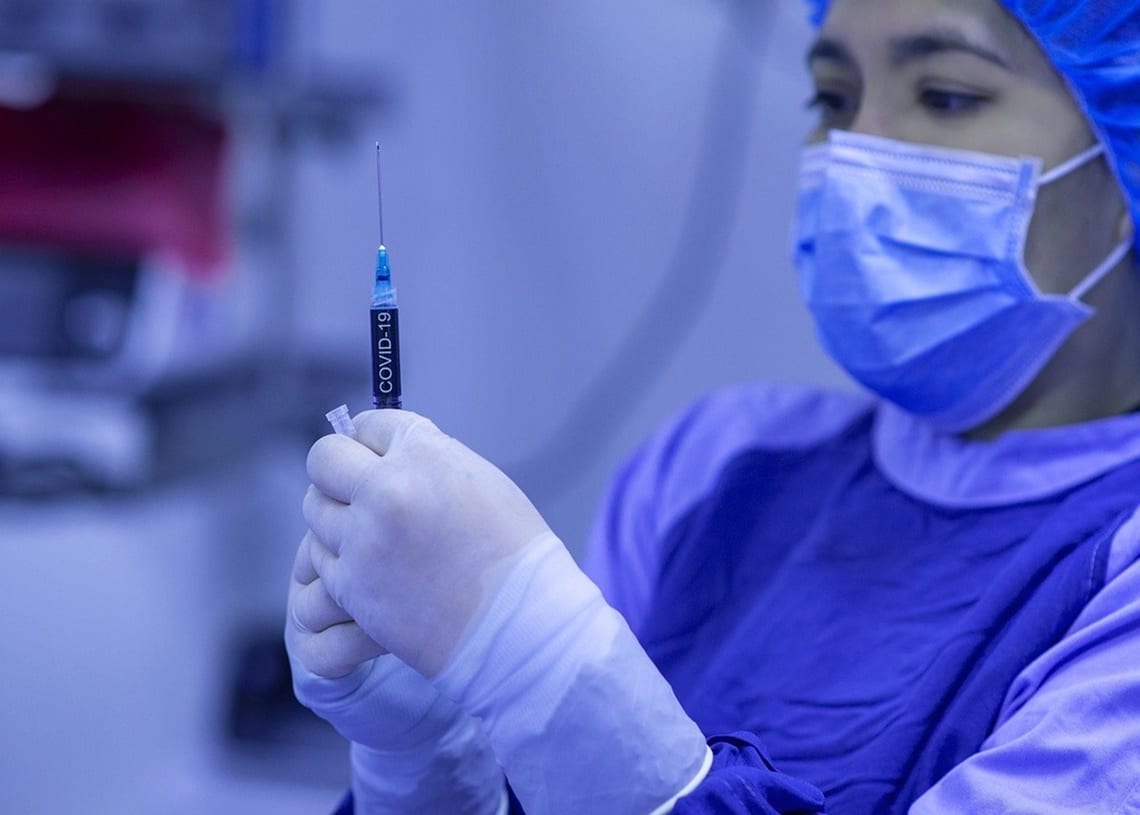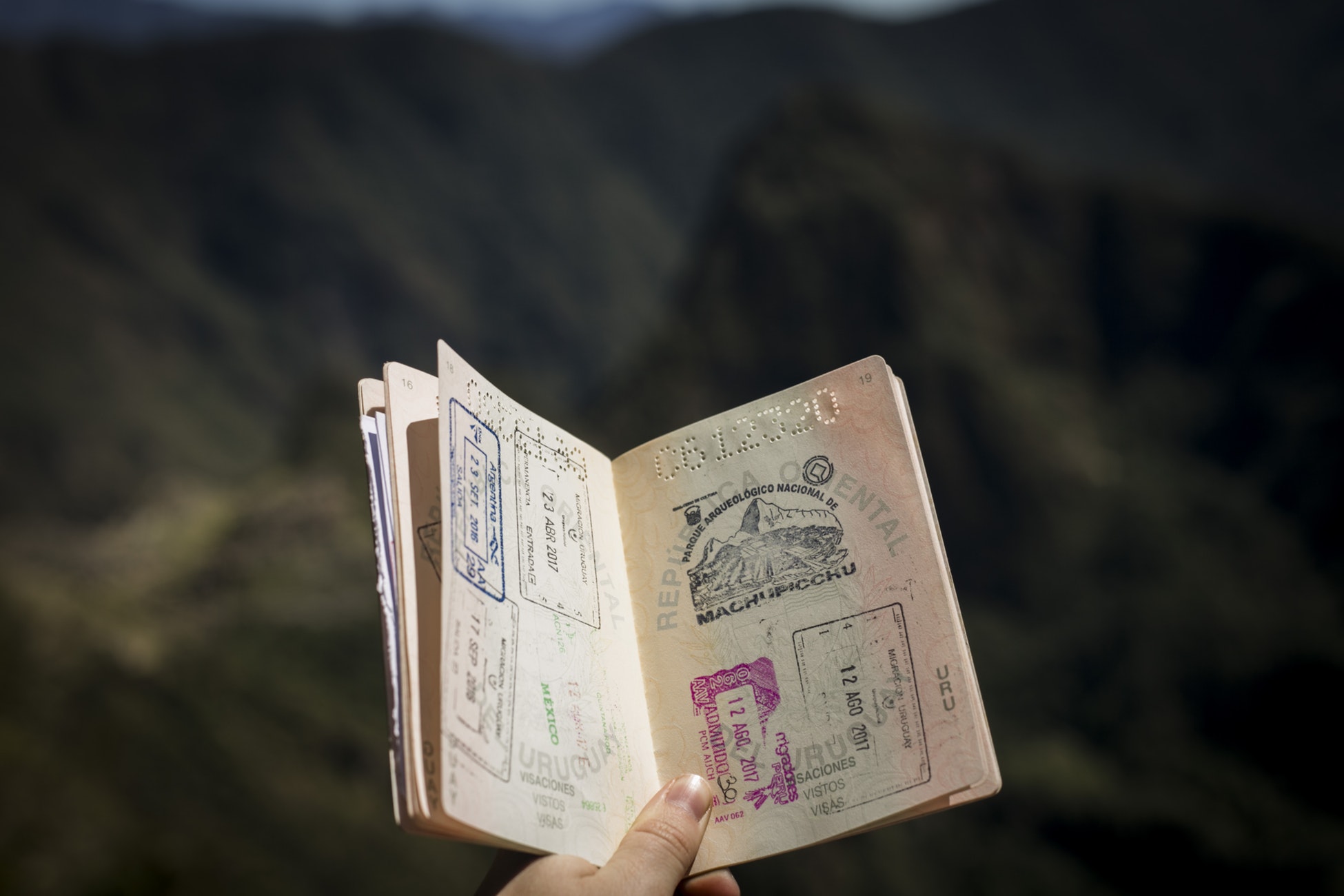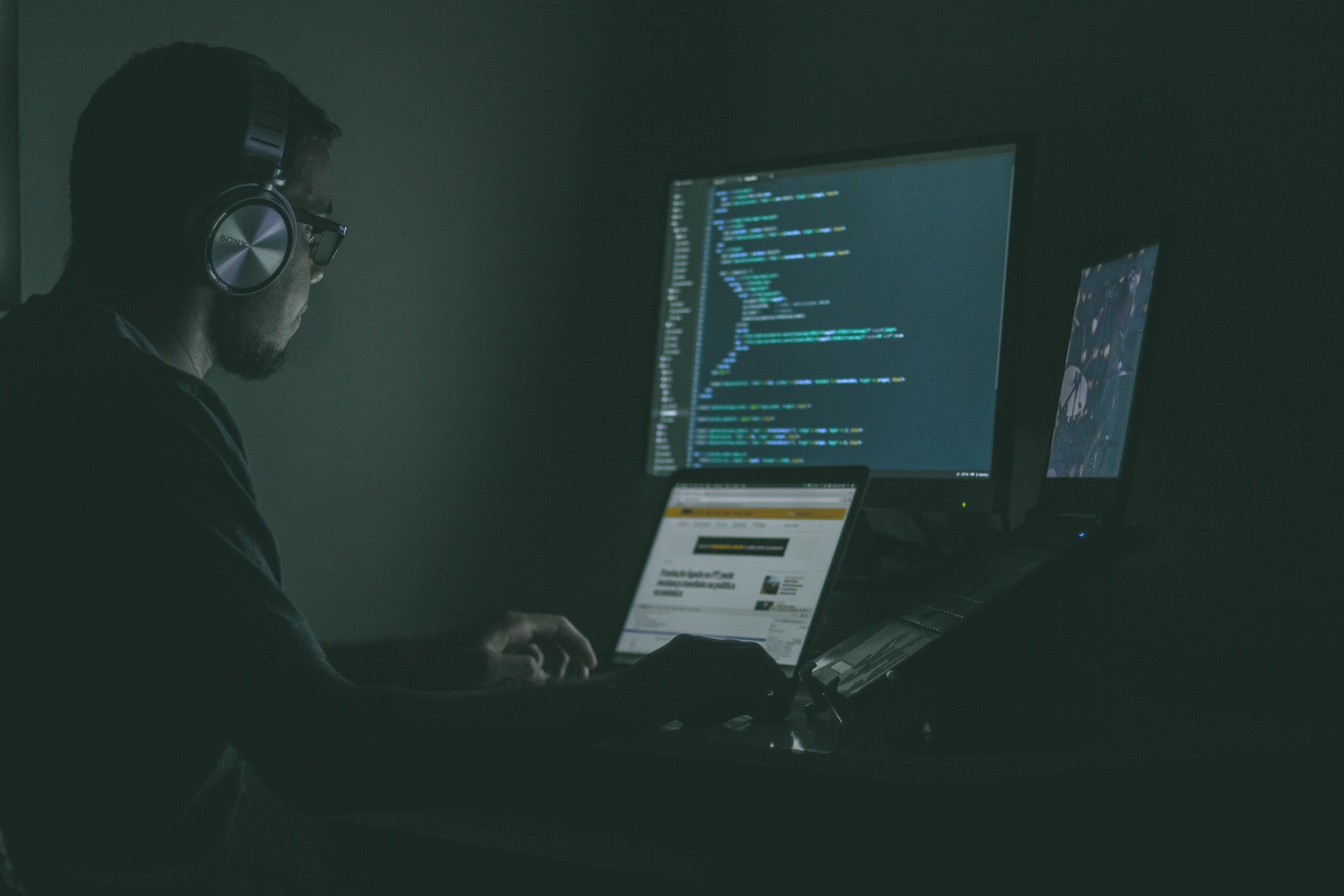Decentralization in blockchain brings numerous major advantages to the table. Of the many, blockchain can help spread the new COVID-19 vaccine’s benefits globally and ensure that its discovery profits maximum human population and not just some exclusive prime countries.
Decentralization in blockchain should be applied where it makes sense. Just because it is a blockchain application doesn’t make it meaningful enough to implement it across all industries. In the daily hubbub of crises threatening to wipe out humanity, nothing has been more crippling and economically devastating as the spread of this invisible virus.
Economies are shrinking, unemployment rates rising, food shortages hitting hard, and devastation levels reaching an extent that could haunt children into their future—nothing so far has been good enough to save us from this widespread wreckage. And if there was ever a time for blockchain to prove its worth, it is now!
Are we finally ready to defeat COVID-19?
If all goes well, COVID-19’s first effective vaccine will soon hit the market, according to a report by BBC. Its preliminary report claims to prevent at least 90 percent of its users from getting infected. The proud manufacturers, Pfizer and BioNTech, announced by marking this day as a milestone in medical research. So far, the experimental vaccine has been tested on 43,500 research volunteers with no concerns raised regarding its quality or safety.
According to the data collected from the extensive trials conducted in the US, Germany, Argentina, South Africa, and Turkey, the desired level of immunity is achieved when two doses of the vaccine are taken in the gap of three weeks. Although the final analysis is yet awaited, top health officials are confident that a breakthrough is on the way.
Yes, the potential vaccine news is enough reason already to look forward to 2021. UK’s chief medical advisor, Prof Chris Whitty, reacted with excitement upon hearing the news and described as the victory of science over COVID. From Oxford University, Prof Peter Horby called it a watershed moment in medical research, and US president-elect Joe Biden took to social media to congratulate the two companies.
How distribution plans are taking shape
While most countries are still battling a series of waves of coronavirus infections and further tightening border controls and lockdown measures, many are contemplating relaxing social distancing measures. Countries worldwide are in different stages of COVID-19 trajectory, but one thing is apparent—a vaccine is the only sure-shot way to get lives back to normal.
But as the world celebrates this landmark achievement over the coronavirus pandemic, one cannot help but wonder who will be left behind in the race to reserve the COVID-19 vaccine? Privileged countries are already rapidly securing the world’s lion’s share of its future doses. While the UK has claimed 10 million doses so far, with a further 30 million already on the way, the US and EU countries, too, are expecting to offer respite to their population by the spring of 2021.
Despite an international agreement to allocate the vaccine equitably worldwide, experts predict that billions from developing countries might not get a chance at immunity until the end of 2023. And given that it is believed not all candidate doses would be 100 percent effective, rich countries are playing safe by reserving more than allotted.
Decentralization in blockchain can solve the fair distribution puzzle
While we do understand the need to prioritize certain sections of the population, such as the elderly and the young kids, is it fair to allow only an exclusive group of countries to get their right of way? This is where decentralization in blockchain finds its real purpose—to ensure that everyone, be it rich or poor, reaps the benefits.
Considering that vaccine manufacturers and pharmaceutical companies have limits on what they can use and how they can use, decentralization in blockchain can track vaccine distribution and ensure a fair and equitable process. At a time when the terms safety and reliability have taken a toss, and consumer trust is much harder to earn but more critical than ever, blockchain can create a transparent, decentralized, and trustworthy environment in the vaccine’s supply chain distribution.
Blockchain technology can help instill that confidence for everyone involved in the supply chain process—from the manufacturers down to doctors and recipients of vaccines. Since the data stored is resilient to any tamper, consumers can feel safe that dosage has been verified and approved every step along the process and that they would know when a vaccine is available. And decentralization in blockchain should be the one to thank for that.







